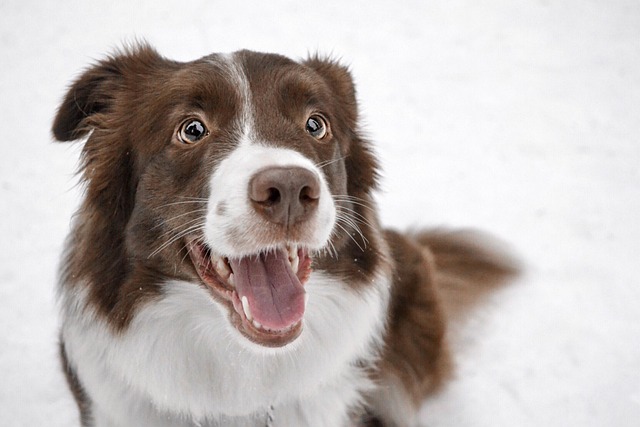
Are border collies hard to potty train?
Border collies aren’t inherently harder to potty train than other breeds, but their unique traits can make the process feel trickier if you’re not prepared.
Anyone new to hunting with dogs knows the struggle—you want a partner that listens, adapts, and picks up skills without endless frustration. While every breed has its quirks, some hunting dogs stand out for their eagerness to learn and quick grasp of commands.
Labrador Retrievers often top the list, and for good reason. Their natural desire to please makes training sessions feel like play rather than work. Whether you’re teaching them to retrieve ducks from a freezing lake or stay quiet in a blind, Labs catch on fast. In rural areas across the US, where weekend hunting trips are a tradition, you’ll often see Labs tagging along with first-time owners, already mastering basic obedience by six months.
Golden Retrievers aren’t far behind. Their intelligence pairs with a gentle demeanor, making them great for hunters who want a dog that’s as good with kids as it is with game. I’ve met a hunter in Vermont who trained his Golden to track deer and then curl up with his grandchildren by the fire—no harsh commands needed, just consistent praise and treats. They thrive on positive reinforcement, which aligns with modern training methods preferred in many European countries.
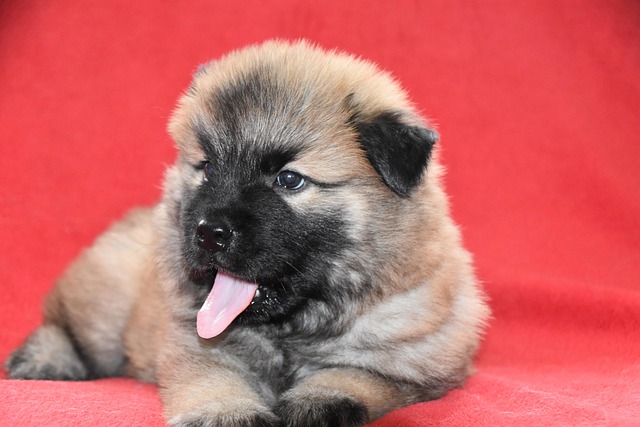 German Shorthaired Pointers bring energy and focus to the table. They’re quick to connect actions with rewards, whether it’s pointing at a covey of quail or responding to a hand signal from a distance. In parts of Germany, where hunting regulations are strict, these dogs often excel in official training certifications because they adapt well to structured routines. Just be ready to keep up with their need for daily runs—pent-up energy is their only real training hurdle.
German Shorthaired Pointers bring energy and focus to the table. They’re quick to connect actions with rewards, whether it’s pointing at a covey of quail or responding to a hand signal from a distance. In parts of Germany, where hunting regulations are strict, these dogs often excel in official training certifications because they adapt well to structured routines. Just be ready to keep up with their need for daily runs—pent-up energy is their only real training hurdle.
It’s crucial to check local laws before bringing home any hunting dog. In the UK, for example, certain breeds require licenses if used for specific types of hunting, and training methods that involve punishment are often prohibited. France has strict rules about where and when hunting dogs can be off-leash, so a breed that responds reliably to recall isn’t just convenient—it’s legally necessary.
Brittanys, with their compact size and alert nature, are another solid choice. They’re agile enough for thick underbrush but calm enough to train in a suburban backyard. A friend in Oregon swears by her Brittany, which learned to flush pheasants in weeks and now ignores distractions like squirrels—something even some experienced hunting dogs struggle with.
No matter the breed, consistency is key. Start with short sessions, use high-value treats like freeze-dried liver, and end on a positive note. Remember, the “easiest” dog to train is also one that fits your lifestyle—whether you hunt weekly or just a few times a year. With the right match, you’ll have a loyal partner that makes every trip to the field feel like a success.

Border collies aren’t inherently harder to potty train than other breeds, but their unique traits can make the process feel trickier if you’re not prepared.
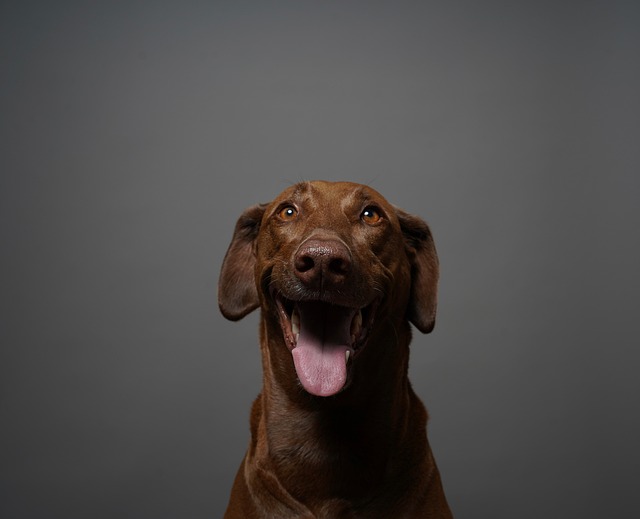
Teaching a dog to high five isn’t just a party trick—it’s a fun way to bond, boost their confidence, and keep their brain sharp.
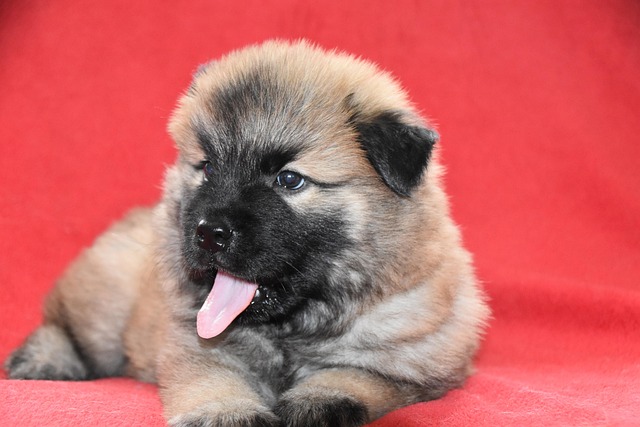
Anyone new to hunting with dogs knows the struggle—you want a partner that listens, adapts, and picks up skills without endless frustration.
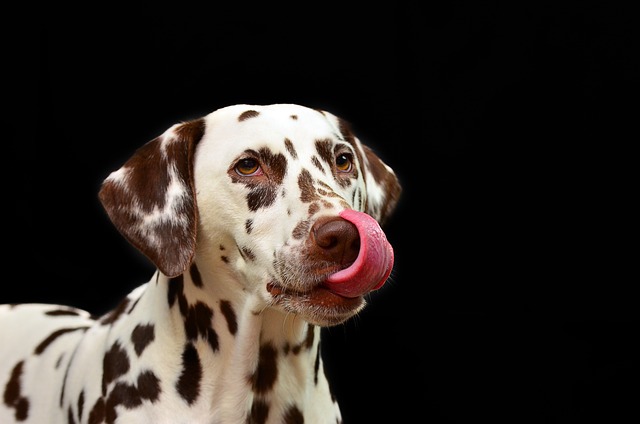
Ever seen a Labrador retriever effortlessly fetch game in the fields or a German Shorthaired Pointer lock onto a scent with laser focus? Behind those impressive skills lies extensive training—and a price tag that varies widely.
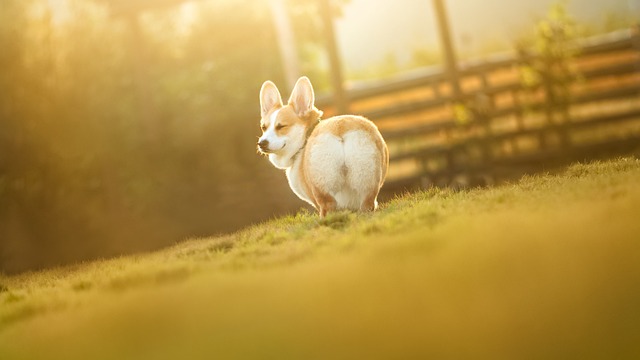
That sinking feeling of coming home to find your favorite chair leg gnawed beyond recognition or a new cushion ripped apart is a rite of passage for many new dog owners
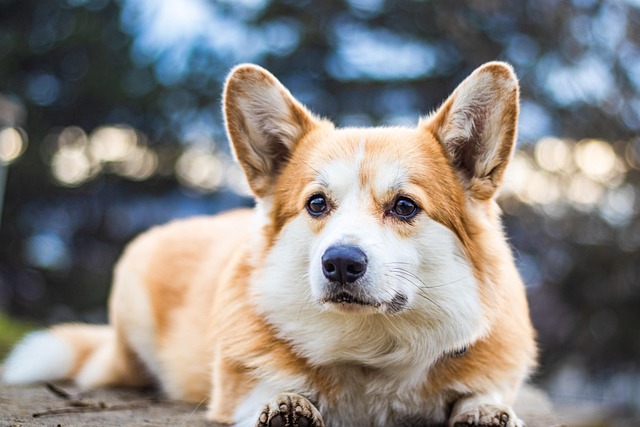
Teaching your dog to nuzzle their nose into your palm isn't just a cute party trick—it's a foundation for communication, trust, and even practical safety cues.